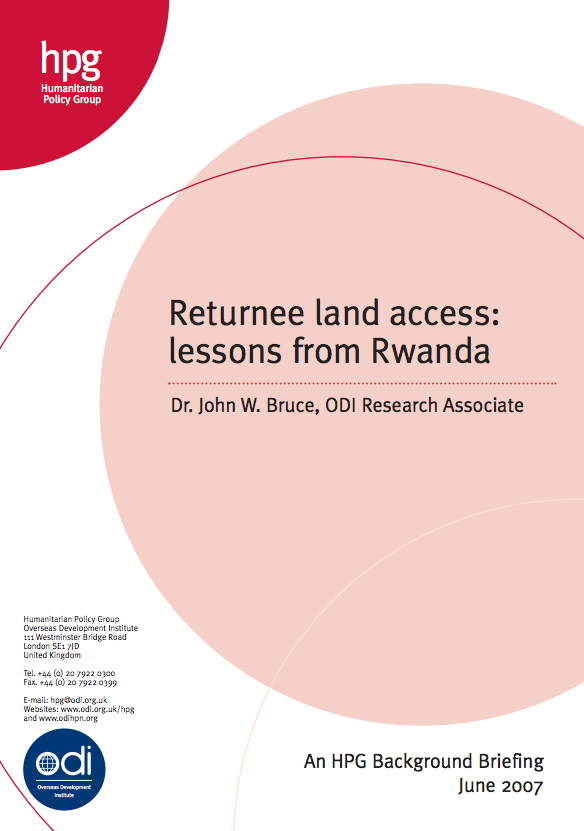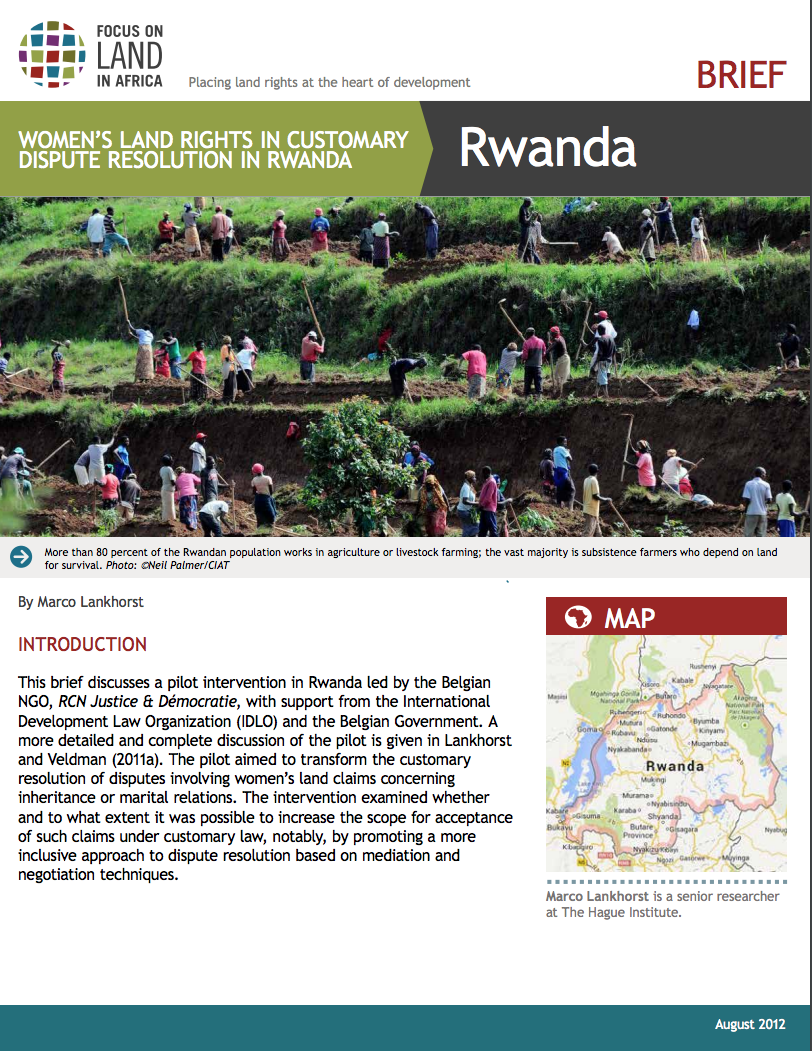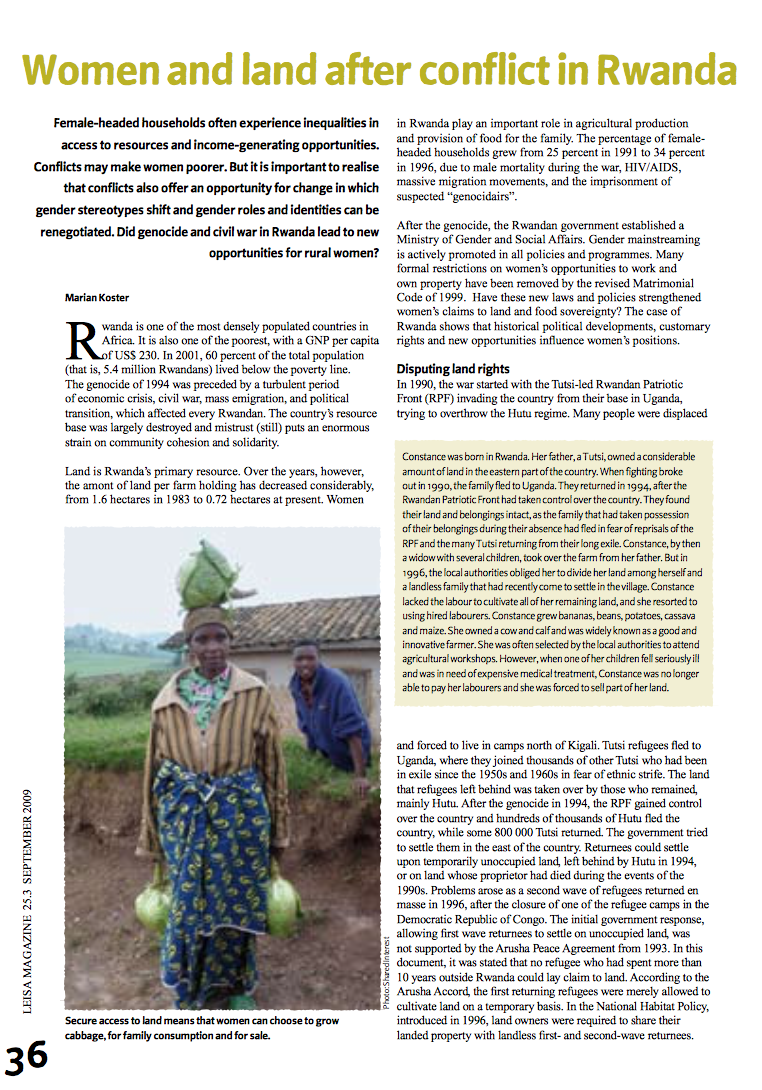Seguridad y soberanía alimentaria en Colombia
El boletín Apuntes de esta quincena contiene en la sección Diálogos un artículo sobre la problemática alimentaria en Colombia que se viene agudizando en los últimos años, producto de la violencia, del desplazamiento permanente de campesinos hacia las ciudades.




